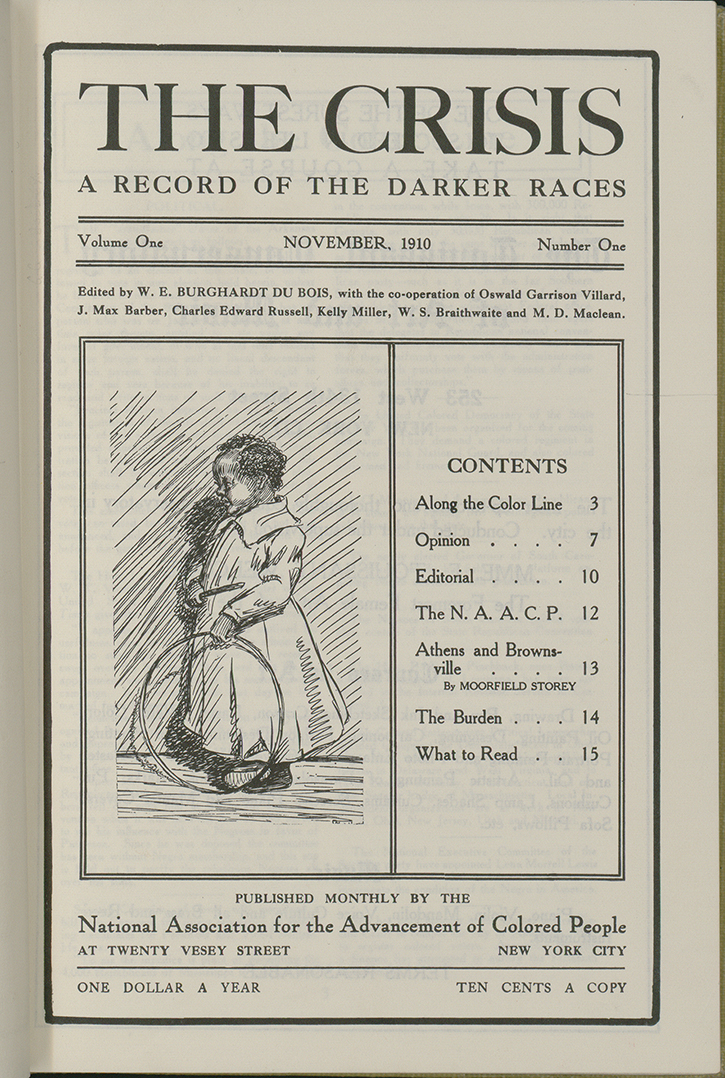|
The Crisis
''The Crisis'' is the official magazine of the National Association for the Advancement of Colored People (NAACP). It was founded in 1910 by W. E. B. Du Bois (editor), Oswald Garrison Villard, J. Max Barber, Charles Edward Russell, Kelly Miller, William Stanley Braithwaite, and Mary Dunlop Maclean. ''The Crisis'' has been in continuous print since 1910, and it is the oldest Black-oriented magazine in the world. Today, ''The Crisis'' is "a quarterly journal of civil rights, history, politics and culture and seeks to educate and challenge its readers about issues that continue to plague African Americans and other communities of color." History The Du Bois era Beginnings and the Du Bois era The original title of the magazine was ''The CRISIS: A Record of The Darker Races''. The magazine's name was inspired by James Russell Lowell's 1845 poem, "The Present Crisis". The suggestion to name the magazine after the poem came from one of the NAACP co-founders and noted white ab ... [...More Info...] [...Related Items...] OR: [Wikipedia] [Google] [Baidu] |
The American Crisis
''The American Crisis'', or simply ''The Crisis'', is a pamphlet series by eighteenth-century Enlightenment philosopher and author Thomas Paine, originally published from 1776 to 1783 during the American Revolution. Thirteen numbered pamphlets were published between 1776 and 1777, with three additional pamphlets released between 1777 and 1783. The first of the pamphlets was published in '' The Pennsylvania Journal'' on December 19, 1776. Paine signed the pamphlets with the pseudonym, "Common Sense". The pamphlets were contemporaneous with early parts of the American Revolution, when colonists needed inspiring works. ''The American Crisis'' series was used to "recharge the revolutionary cause." Paine, like many other politicians and scholars, knew that the colonists were not going to support the American Revolutionary War without proper reason to do so. Written in a language that the common person could understand, they represented Paine's liberal philosophy. Paine also used refer ... [...More Info...] [...Related Items...] OR: [Wikipedia] [Google] [Baidu] |
